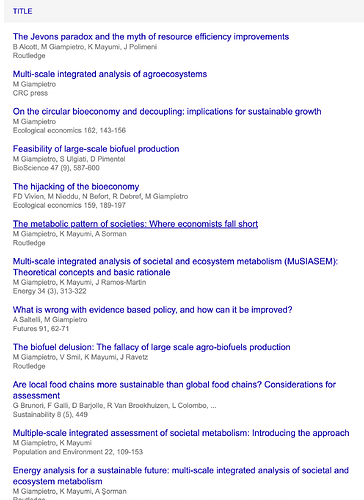I don’t disagree, exactly. But I think we have to start thinking in timelines.
On the short timeline of the life of current adults, we absolutely have to get to carbon neutral as fast as possible. Whatever we do, e.g. EVs, will not be sustainable. (because nothing we do is sustainable) But the longer it takes to get the climate stabilized, whether thats 50 years or 500, the worse the climate situation will be and therefore the harder it will be to get to sustainable.
On the long timeline of our great-grandchildren or longer, the population simply has to shrink radically to whatever level - 1 billion? - the Earth can manage. But the culture, the religions, the politics and tech must also radically change… and so forth.
So this is all blindingly obvious, and people know it, but they tend to talk in absolutes. ‘No, electric cars are not sustainable, no, batteries probably won’t fly large airplanes long distances.’ Those are binary answers though, when we need complex answers. We need a transition period to get off fossil fuels and we may only get down to 20% fossil fuel share in say 30 years, as a best case. But thats way better than 50-50. Undoubtedly we’ll burn a lot of coal and oil, I just hope we’ll use it wisely.
Similarly we have to plan for a lot of half measures in order to get closer to carbon neutral. We have to give up a lot of social expenditure and we have to have a wealth tax or a serious carbon tax, or something similar. But if we try too many of these half-measures, then we won’t have the resources to get anywhere, so it’s a crisis and needs triage.
If we go full MAGA/billionaire/technofeudalism then all bets are off. If we have a serious depression and financial collapse, then that will help a lot for carbon, but there won’t be any resources to rebuild anything.
I’ll respond to your critiques, if you care to make them.
